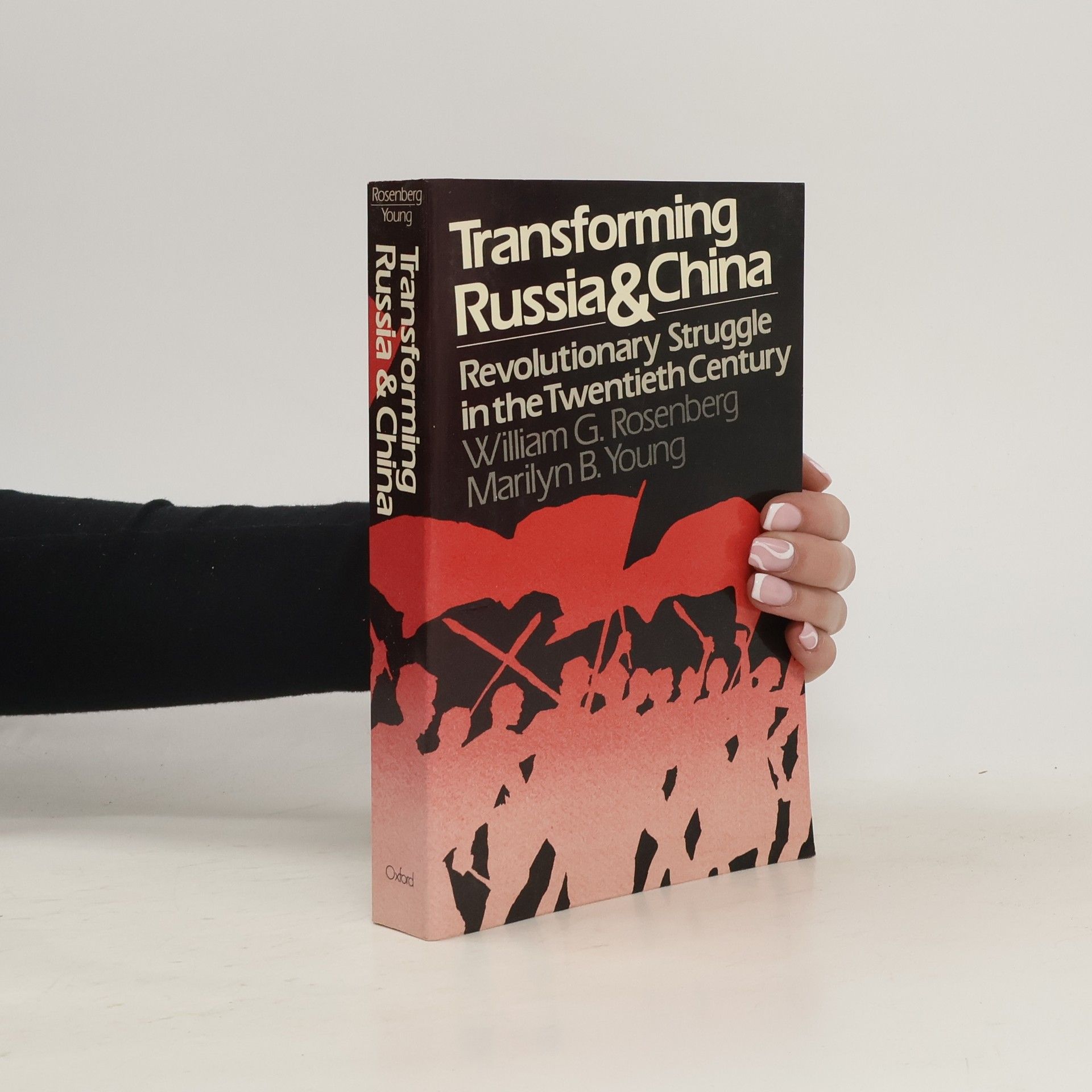States of Anxiety assesses the effects of the great scarcities and enormous losses that revolutionary Russia experienced between 1914 and 1921. Focusing on the effects of food insecurity, scarcities of other essential goods, and the losses of war in their various forms, it represents a new approach to understanding the period's politics and ideologies. In contrast to the traditional concentration on the period's politics and ideology, this imaginative reinterpretation argues for greater attention to its emotional dimensions and contributes to the historical study of emotions and its complex methodologies.
William G Rosenberg Bücher


Transforming Russia and China. Revolutionary Struggle in the Twentieth Century
- 397 Seiten
- 14 Lesestunden
In the best tradition of historical writing, this fascinating study concentrates on the distinguishing characteristics of the Russian and Chinese experiences of revolution during the same time period. Using quotations, anecdotes, and colorful descriptive material, the authors unravel thetangle of people, places, and events central to understanding the nature of revolutionary change.